Discover my new book selection
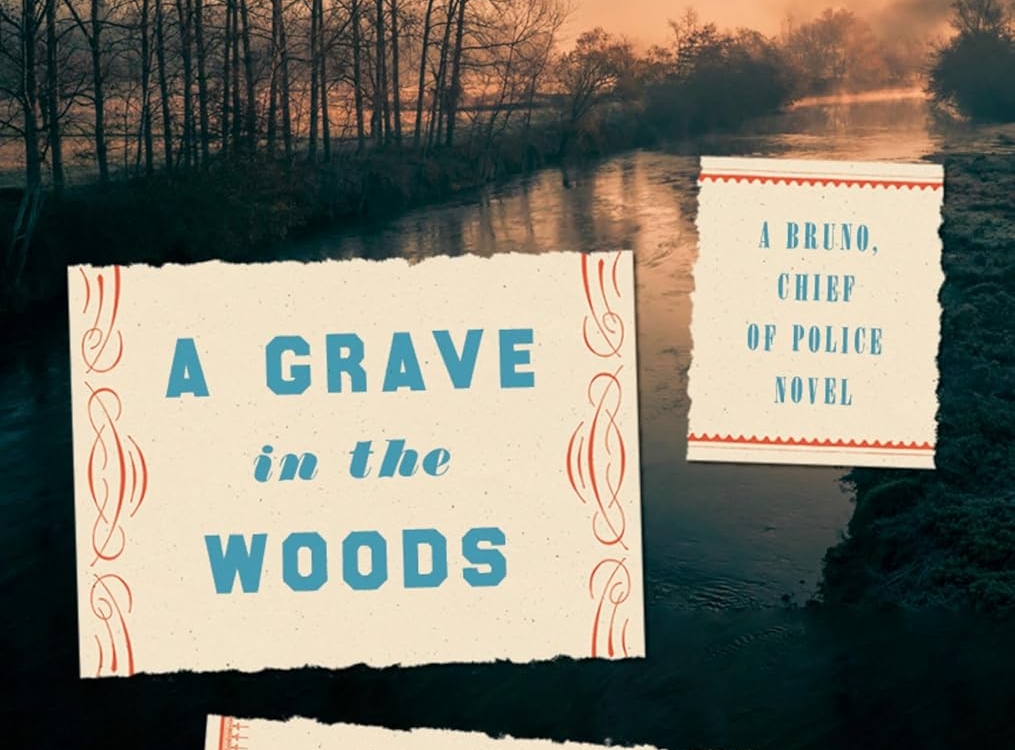
A Grave in the Woods
Another entertaining and enlightening entry in the Bruno, Chief of Police series, featuring an archaeological dig in the French countryside that unearths World War II–era mysteries—all while Bruno dishes up more culinary magic When Abby, an American archaeologist, arrives in St. Denis on the heels of her divorce, she hopes to make a new life for herself as a specialist guide for visiting tourists. So when a local British couple discover a grave from World War II on their property, Abby is able to put her training to good use. As it turns out, in the grave are the remains of two German women and an Italian submarine officer who had a big secret to hide
Buy the book
Al Pacino
“The book is a beautiful trip.” (New York Times Magazine) “Soulful . . . Feels like hanging out within a history of American movies over the last 50 years.” (Los Angeles Times) “Startlingly cinematic ... A fine memoir.” (The Guardian) From one of the most iconic actors in the history of film, an astonishingly revelatory account of a creative life in full
Buy the book
Portrait in Red
The quest to uncover the history of a mysterious painting, and a joyous exploration of art in the twentieth century and beyond. While wandering the streets of Paris in 2015, L. John Harris finds an abandoned, unfinished, and strangely compelling painting. The subject: a girl wearing a bright-red head covering, fixing her viewer with a foreboding gaze. The painting bears no signature, only the date: January 12, 1935. Harris, a journalist and illustrator, embarks on a multi-year quest to uncover the story behind this painting. His sleuthing has given birth to Portrait in Red, a wide-ranging exploration of art and its enduring mysteries.
Buy the book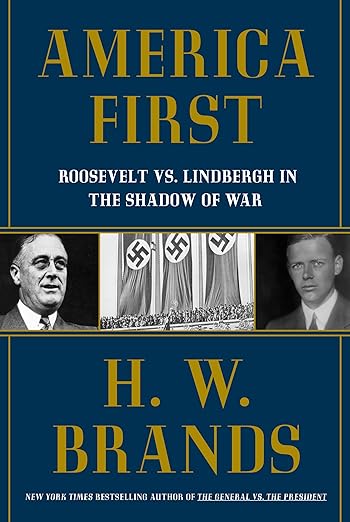
AMERICA FIRST
Bestselling historian and Pulitzer Prize finalist H. W. Brands narrates the fierce debate over America's role in the world in the runup to World War II through its two most important figures: President Franklin D. Roosevelt, who advocated intervention, and his isolationist nemesis, aviator and popular hero Charles Lindbergh. Hitler's invasion of Poland in September 1939 launched a momentous period of decision-making for the United States. With fascism rampant abroad, should America take responsibility for its defeat?
Buy the book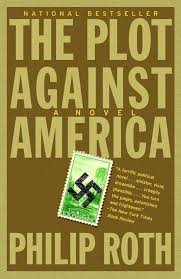
THE PLOT AGAINST AMERICA
The chilling bestselling alternate history novel of what happens to one family when America elects a charismatic, isolationist president whose government embraces anti-Semitism—from the Pulitzer Prize–winning author of American Pastoral.
Buy the book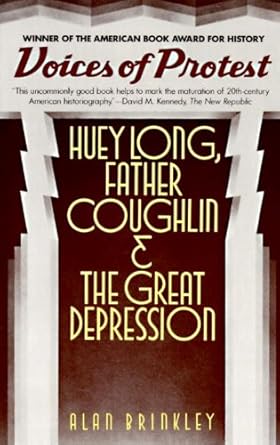
Voices of Protest
The study of two great demagogues in American history--Huey P. Long, a first-term United States Senator from the red-clay, piney-woods country of nothern Louisiana; and Charles E. Coughlin, a Catholic priest from an industrial suburb near Detroit. Award-winning historian Alan Brinkely describes their modest origins and their parallel rise together in the early years of the Great Depression to become the two most successful leaders of national political dissidence of their era.
Buy the book
Vertigo
The dramatic and consequential history of Germany’s short-lived experiment with democracy between the world wars, when vibrant cultural experimentation collided with political and economic turmoil Out of the ashes of the First World War, Germany launched an unprecedented political project: its first democratic government. The Weimar Republic, named for the city where it was established, endured for only fifteen years before it was toppled by the insurgent Nazi Party in 1933. In Vertigo, prizewinning historian Harald Jähner tells the Republic’s full story, capturing a nation caught in a whirlwind of uncertainty and struggling toward a better future.
Buy the book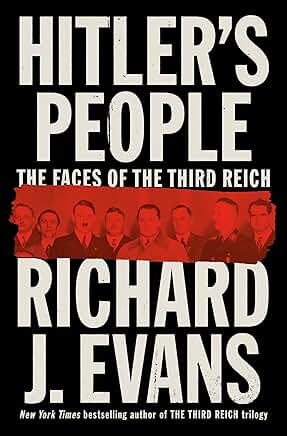
Hitler's People
“Kaleidoscopic . . . A fascinating exploration of individual agency that never loses sight of the larger context . . . Just the kind of probing, nuanced and unsparing study to help us think things through.” —The New York Times Through a connected set of biographical portraits of key Nazi figures that follows power as it radiated out from Hitler to the inner and outer circles of the regime’s leadership, one of our greatest historians answers the enduring question, how does a society come to carry out
Buy the book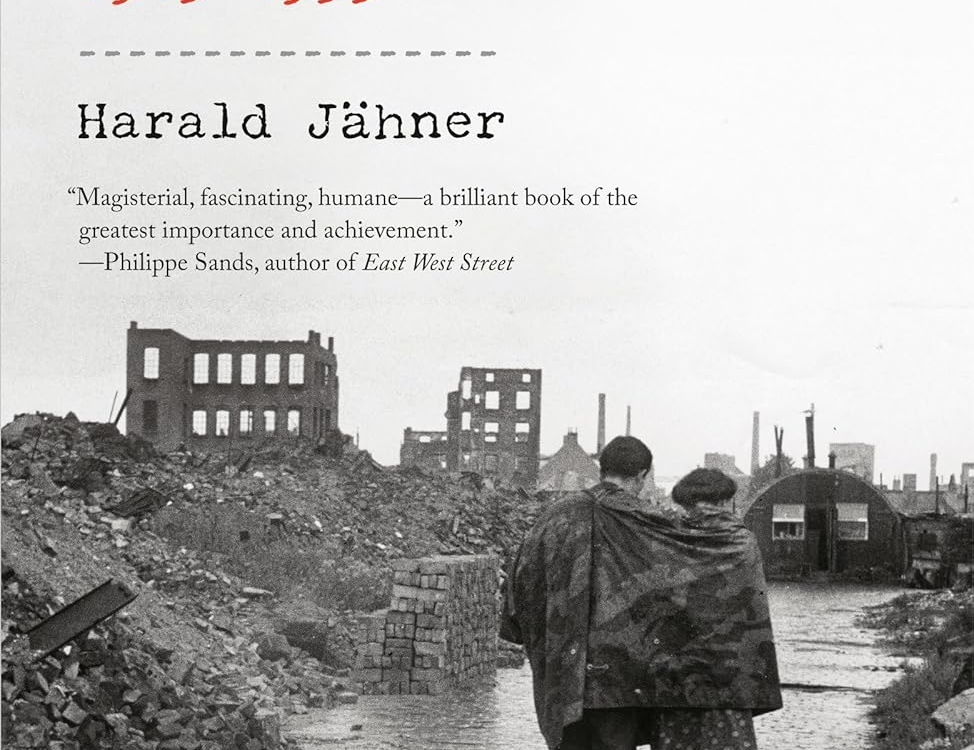
Aftermath
How does a nation recover from fascism and turn toward a free society once more?This internationally acclaimed revelatory history—'filled with first-person accounts from articles and diaries' (The New York Times)—of the transformational decade that followed World War II illustrates how Germany raised itself out of the ashes of defeat and reckoned with the corruption of its soul and the horrors of the Holocaust.
Buy the book